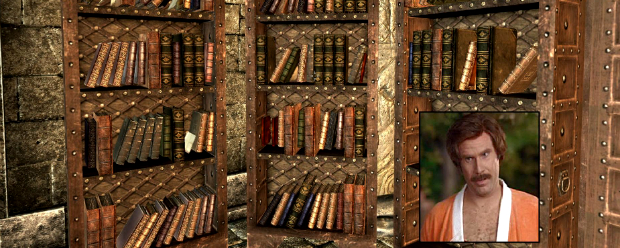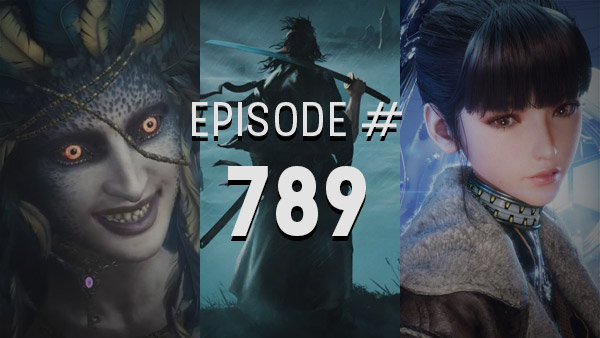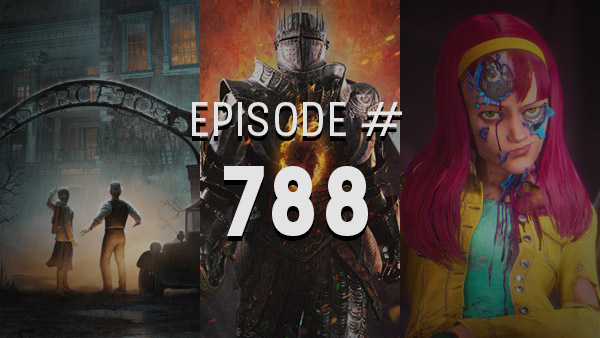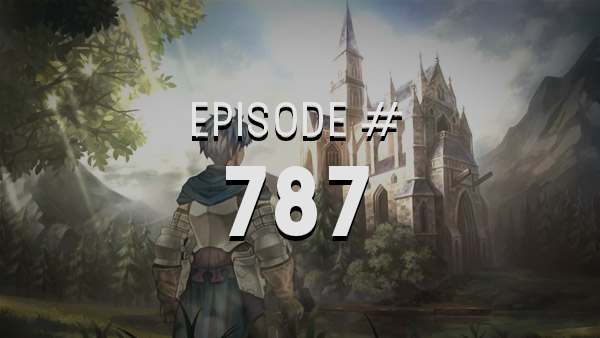Your login information returned multiple users. Please select the user you would like to log in as and re-type in your password.

As an avid reader and writer of Fiction, story has always been a very important aspect of video games for me. Even if a game is completely average in just about every aspect, I really would not mind if it has a good story and interesting characters. Compared to writing a story for a novel or T.V. series, writing one for a video game is far more challenging because of the player. Rather than just sitting back and watching, the player takes an active role in the story and the environment its set in which leaves a degree of unpredictability for the writer. Do they give the player a linear path and expect them to follow along no questions asked, or do they give the player a greater degree of control and choice and then try to write for those scenarios? There is also, of course, the structure of games themselves that can cause issues with writing for a video game.
An important aspect of trying to incorporate a story into video games is the balancing act. How many hours of cut scenes and exposition vs. the hours of actual gameplay is a factor just about every game development team has had to work out in order to keep the player interested. Metal Gear Solid 4, for example, has hours upon hours of cut scenes that involve no meaningful player interaction. While these cut scenes do usually serve a purpose, it can be grating on a player to have 30 minutes of gameplay followed by an hour long cut scene of characters talking. The counter to this, aside from just cutting down cut scene length, would be QTEs since this makes the player stay focused. The problems being that, well, not every cut scene is going to need a QTE and most developers have taken to putting QTE's in cut scenes to replace what should have been a player controlled action sequence. Really, I feel the best way to handle cut scenes in games is to ensure they never run beyond 15 minutes and make each cut scene visually appealing with good use of camera angles and movement.

Video games do have an advantage with their length. A standalone movie is going to struggle making meaningful characters and setting up character arcs because they are limited by the run time. Video games, on the other hand, are generally 6+ hours in length and can even incorporate gameplay with character development such as the banter between characters in a Bioware or Rockstar game. Of course, the gameplay itself can also serve as the obstacle to a good story. Unlike watching a DVD or book where you can just skip over parts you don't like, a video game does not give you the option of skipping gameplay elements like a poorly designed boss fight or repetitive action. It once again comes down to a balancing act: how to make the story and gameplay interesting without having those two elements trip over each other.
Fortunately, most gamers and critics seem to understand the difficulty that goes in to incorporating story and character development. Video games are held to a far different standard than books, movies, or T.V. series in terms of narrative. People will praise the story of Mass Effect, for example, but if it was in any other medium people would trash on it for how cliche the writing can be, or how none of the characters really move beyond their designated archetype. One of my favorite games of all times is Persona 4 mainly because it has interesting characters and plot...for a video game. I mean when you really stop to think, its just about a group of teenagers who gain powers and have to save the world from some kind of supernatural force. I only really praise the characters in P4 because its one of the few games out there that actually has character arcs; even if the player is required to trigger them to see any meaningful change. Video game storytelling has evolved far beyond what it was 20 years ago; however, I really do not see storytelling being able to advance much further. As I said before, the gameplay and interactivity itself is what really holds back video game stories and characters from ever reaching the potential of A Song of Ice and Fire or Firefly.




Comments
11 years, 8 months ago
Funny you'd mention storytelling because I just read this
http://badassdigest.com/2012/08/06/film-crit-hulk-smash-a-few-words-on-the-ending-of-mass-effect-3/
11 years, 8 months ago
I love video game characters too, But remember game play always comes first. A game needs to be something fun to play not an interactive story. But what I really want in games is less dialogue and more depressing dark worlds like Dark souls. I just wish that more things were out of my control and the story wasn't centered around the player even if they are the main protagonist , change these things and BAM video game stories are better and less cheesy.
11 years, 8 months ago
I'm probably the only hardcore gamer here prefers a game with an interesting plot than actual gameplay mechanics. If there isn't an interesting story to grasp me into the world that the game provides me it makes me not want to finish through the game because it makes me feel like I'm playing a generic arcade game. I wish more gamers would have more respect for a games story than how a game plays, because praising a game for it's graphical or mechanical innovations has been done to death since the late 90s. I'm also glad that this guy mentioned Persona 4, that made me smirk. ;)
11 years, 8 months ago
You're absolutely correct in differentiating the standards between game writing and the writing in films, books, etc. I think a classic example for me is the big twist in Bioshock when (spoiler alert) you discover you're Ryan's child all along and have been brainwashed. For me, in a book that would come off as cliche and a cop out, but in the game itself it worked out very well. I think because we're so immersed in most of our protagonists so we really start to become one with them and dramatic twists are interpreted differently. Watching or reading it happen to someone else might make us roll our eyes and carry on.